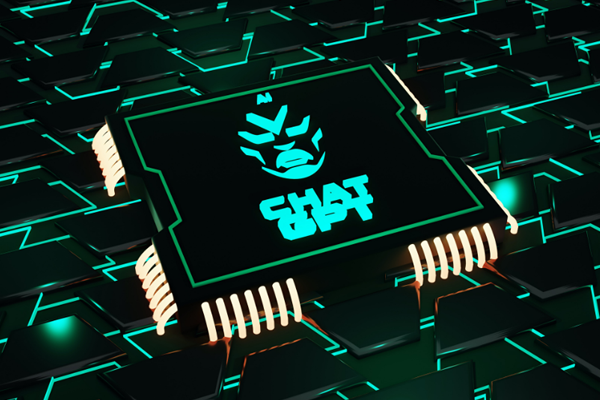
Artificial intelligence, otherwise known as AI, is becoming increasingly influential in many areas of our daily lives. If you’re talking to a chatbot to get support on a company’s website, browsing content recommended for you on social media, or using a smart home device, you’re already relying on AI to make decisions for you and take care of things that would otherwise take up your time.
Sometimes called machine learning, AI ‘learns’ from the information fed into it over time. Every interaction you have with an AI-powered service tells that service more about who you are and what you want from it. This means you get a version of a product or service that is uniquely tailored to you, giving you a speedier and more accurate experience.
But artificial intelligence does have many detractors, and among them are some of the most intelligent people on the planet. Their warnings and concerns about AI may come to nothing, but if there are real risks we may be heading for a point of no return when it comes to avoiding them.
So let’s look at some of the pros and cons of AI and explore whether it’s a benefit or a threat.
The pros
AI speeds things up. It takes less time to perform tasks than humans, and can perform multiple functions at once. From a consumer and a business point of view this is a big plus, cutting waiting time and costs. There’s no need for AI to take a break or shut down overnight. AI-operated systems can run 24/7 with no interruption in service. Again this presents advantages both to customers and to businesses.
AI can help people with disabilities to perform tasks that able-bodied people can do without issues. AI can learn from each individual and become adept at helping perform tasks with greater speed and accuracy every time. Versatility is a core benefit of AI, it can play a part in such a huge range of industries that there are arguably very few sectors that couldn’t find a use for it.
The cons
Not every function performed by AI is viewed as an appropriate use of the technology. Anything that requires human creativity or empathy is arguably left lacking when AI performs the task instead of a human. This includes art, and one-to-one chat, as well as anything requiring the kind of lateral thinking that only a human would be able to do.
AI is not creative in any real sense and is incapable of performing the kind of creative thinking tasks that humans can. This makes artists particularly wary of AI taking over the work of artists – who argue that not only is AI depriving artists of a living but also creating art that has no humanity and should not be classed as art.
That said, humans are ultimately the source of AI, as each AI must be programmed by humans – both initially and as it learns. This brings its own disadvantages, in that human bias inevitably makes its way into AI software and can cause problems for users. The future capabilities of AI are not fully known, and there are fears that it could become impossible for us to control, taking over parts of our lives in dangerous ways. Added to the aforementioned biases, this could be a recipe for disaster for many users.
At present, the legal regulation around AI is unclear, and at the same time AI is gathering more and more information about each of us as we continue to interact with it. From a privacy and safety point of view, this means it’s a growing concern for many academics, politicians, scientists and consumers.
